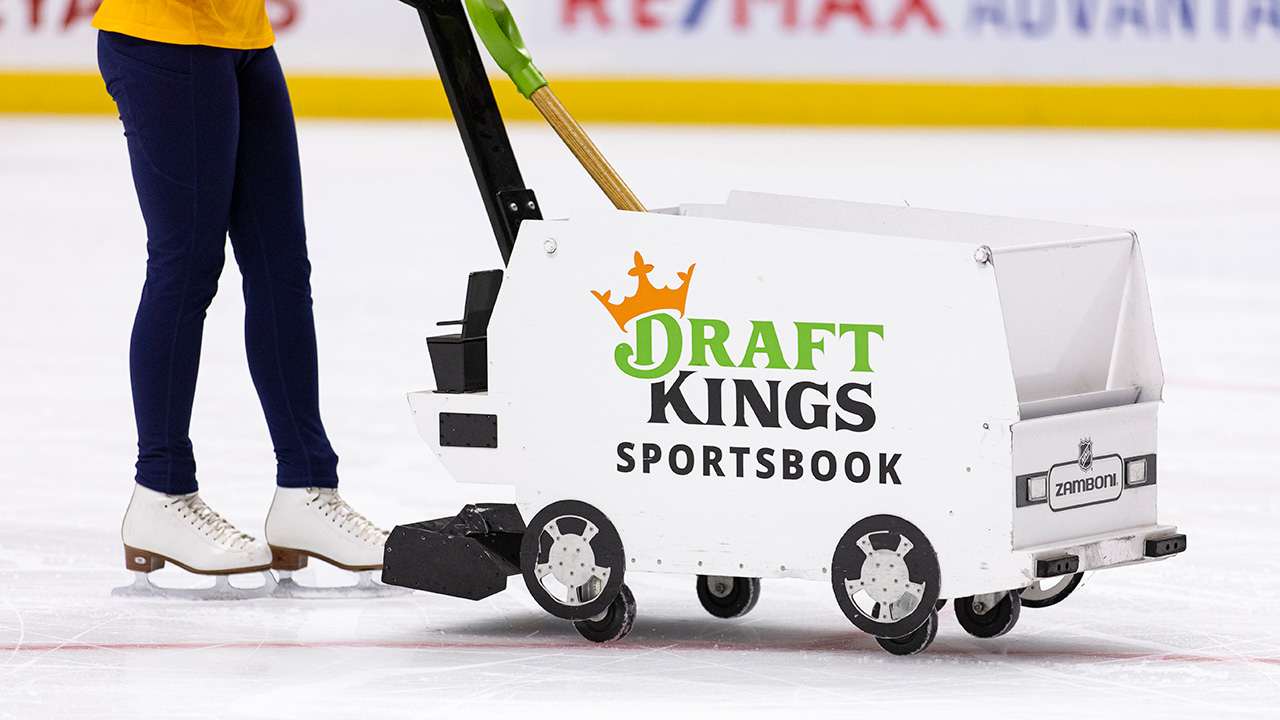It has been more than four years since the Supreme Court overturned a federal sports betting ban that had been in place since 1992. At first sports bets were just a thing you could do at Delaware horse tracks. But now sports betting is legal in 36 states, and its advertisements have taken over sports broadcasts. Watching a sporting event now is being reminded constantly that you could be doing more than just passively enjoying the game. You could become a winner yourself!
Obviously casinos don’t really have too many winners—they’d go out of business if they did. But if you do consistently win big in the books, they have a strategy to make sure you don’t keep doing it: They can limit your action. That’s the point of a story by Danny Funt in today’s Washington Post. Funt talks to sports bettors who have been throttled by the books after winning too much. Beau Wagner, whose anecdote opens the story, won $50,000 on a $1,000 bet that Evan Fournier would be the leading scorer in a Celtics/Knicks game last January. DraftKings congratulated him in a tweet. Then it stopped allowing him to place big bets.
This is normal. In most states, casinos can ban you for, say, counting cards in blackjack. Card counting—a blackjack strategy which allows players to decipher if the player or dealer has the edge by, um, counting cards—is legal. But casinos are allowed to kick out players for almost any reason; if a place like Circus Circus wants to stop you from gambling, it can. It’s not fair, and card counting is not cheating, but that’s not the point: Casinos are in the business of taking your money, and they will absolutely kick you out if you take too much of theirs. One exception is New Jersey, where the law prohibits sportsbooks from banning customers for being too good. But all states allow books to throttle their customers—limiting the amount wagered by winning customers.
It feels a little scammy, as Wagner told the Post: “The major problem I have is that DraftKings used my ticket to make it seem like you can win big, just like they do in their commercials. You promote my tweet and literally the next morning, I’m limited.” A week after his big win, Wagner told the paper he was only allowed to place a bet of $3.63 on the DraftKings app. DK wouldn’t comment. And the Post’s Funt, after talking to 20 bookmakers and “accomplished bettors,” writes that savvy bettors are being limited faster than they have in the past.
BEAU KNOWS BETTING https://t.co/v07kxDmIxX
— DraftKings Sportsbook (@DKSportsbook) January 7, 2022
The nature of online sportsbooks makes this easier. If you go into a casino to place a bet, they might just check your ID for your age. They might not card you at all. (I am 39; I am carded maybe half the time at Philly-area and Jersey casinos.) Some websites offer tips on disguising yourself to avoid the attention of casino pit bosses. High-level bettors may have associates who place bets for them at multiple casinos. One can also do this online, but the nature of that system makes it easier for casinos to catch successful bettors.
The sportsbooks are embarrassed about this, too. DraftKings and other books wouldn’t comment to the Post about banning customers. They would rather you think that everybody wins. In reality the winners are often prevented from winning much more. The casinos, for their part, are open about this when they’re not dodging questions from the press. DK CEO Jason Robins told investors: “This is an entertainment activity. People who are doing this for profit are not the players we want.”
In a free market, this would be perfectly fair. Customers throttled by one book could just go down the street to another. And, in fact, this can happen in places like Las Vegas. Circa, on Fremont Street, is known for offering all players the same limits. (Limits on MLB moneylines, for example, are $3,000. But players can re-bet and Circa says it will often take larger bets at the counter.) But in states where gambling is more restricted, players are often stuck.
And this is wrong. Unless you are Apollo Global Management, casino licenses are licenses to print money. The government hands them out in ways that enrich the politically connected. And then, when the licensees happen to lose some money to a customer, the government allows them to make sure it doesn’t happen again. Sports books are handed an exclusive money printer. When they use it incorrectly, or break it, they shouldn’t get to take it out on customers. Sportsbooks should have the same limits for all customers. Otherwise, it’s basically the government allowing the politically connected to have their thumb on the scale. Yeah, I know. Not much of a surprise. But still.






